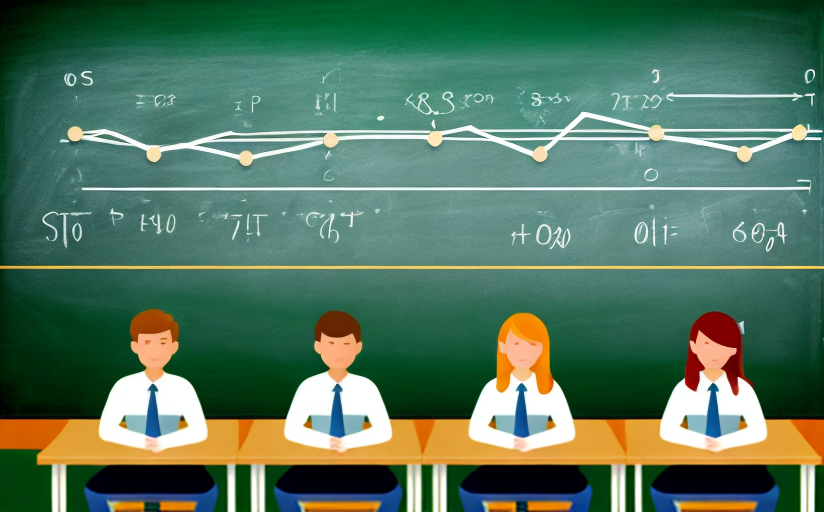The Role of Standardized Testing in the Education System
Standardized testing has been a cornerstone in many education systems around the world for quite some time. While it provides some benefits such as uniform measurement across a wide range of students, it has also been a subject of criticism from educators, parents, and students alike. This article will provide a comprehensive exploration of the role standardized testing plays in education and its impact on all stakeholders involved.
Impact on Students
Proponents of standardized testing argue that these tests provide a reliable benchmark of student understanding. On the other hand, critics argue that standardized testing can often fail to capture a student's full academic ability or potential, such as creativity and critical thinking. Standardized testing often results in narrowed curricula, limiting opportunities for students to explore subjects in depth and develop other vital 21st-century skills.
Impact on Educators and Schools
Standardized testing exacerbates pressure on teachers, who often feel compelled to “teach to the test.” As their performance is closely tied to their students' test results, some educators may miss out on opportunities to innovate in their teaching and instead focus narrowly on the material that will be tested. This can lead to a reduced quality of education, as teaching becomes merely a test-preparation activity, inhibiting students' love of learning.
Fairness of Standardized Testing
Standardized testing tends to favor students who have been prepared to succeed in such formats, often those from higher socio-economic backgrounds. It fails to consider the varied learning styles and preferences of students, disadvantaging those who might struggle with this particular format of assessment, putting them in a continuous cycle of underachievement. Standardized testing may exacerbate educational inequities across different demographic and socio-economic strata.
Possible Improvements and Alternatives
Research has pointed to various ways to improve or replace standardized testing. Some alternatives include portfolio-based assessments, wherein students compile a selection of their work over time to demonstrate their learning journey. Another option could be performance-based assessments, which require students to perform a task rather than answer specific questions.
Improvements to standardized testing could include making exams more responsive to different learning styles and integrating evaluation methods that measure a broader range of student skills. Providing teachers with flexibility and autonomy can also pave the way towards more personalized teaching approaches, which could, in turn, positively impact students' learning experiences.

















Comments
Leave a Comment